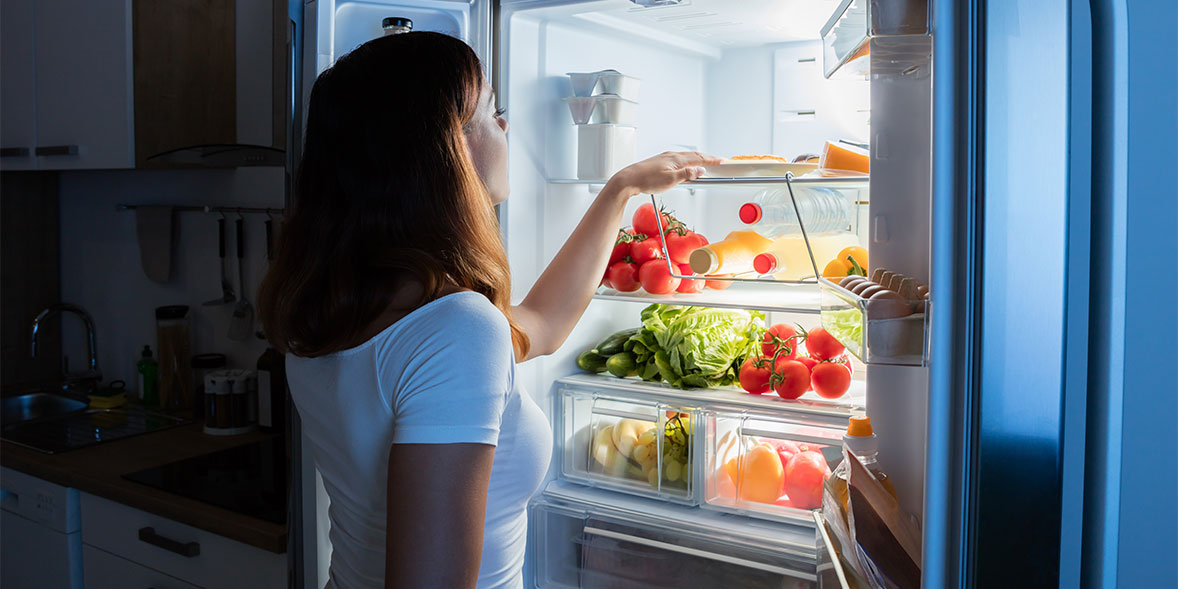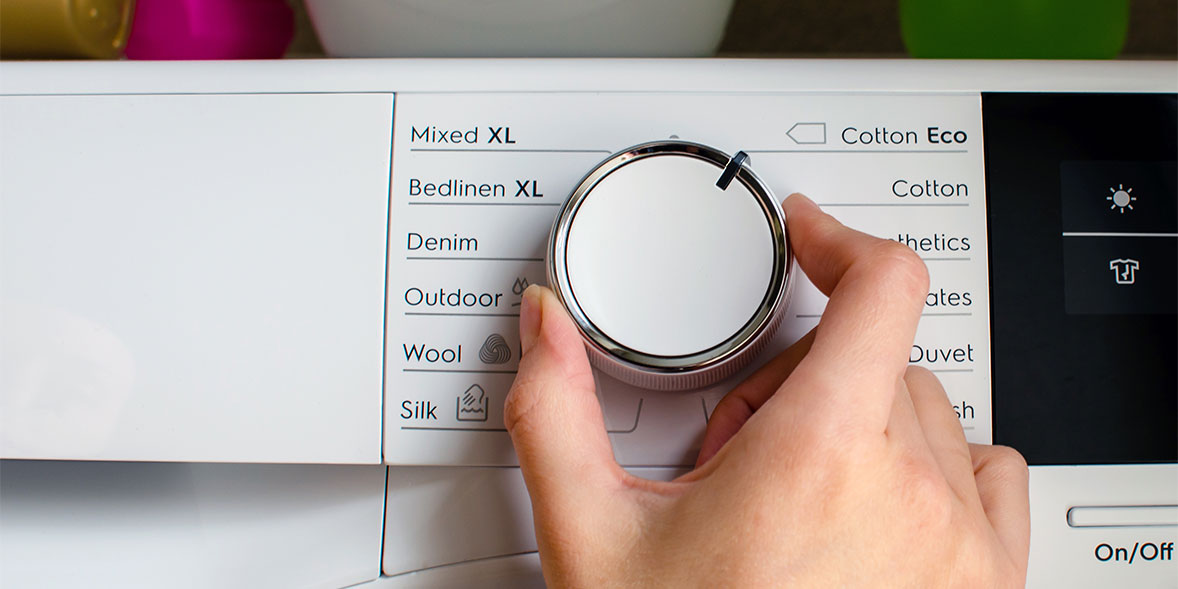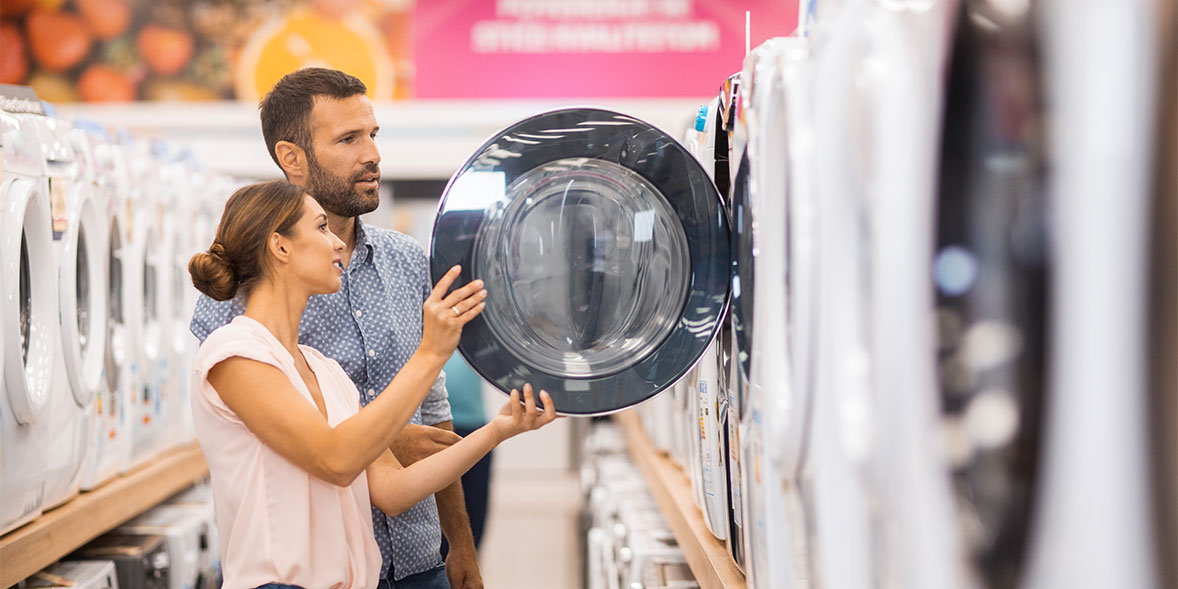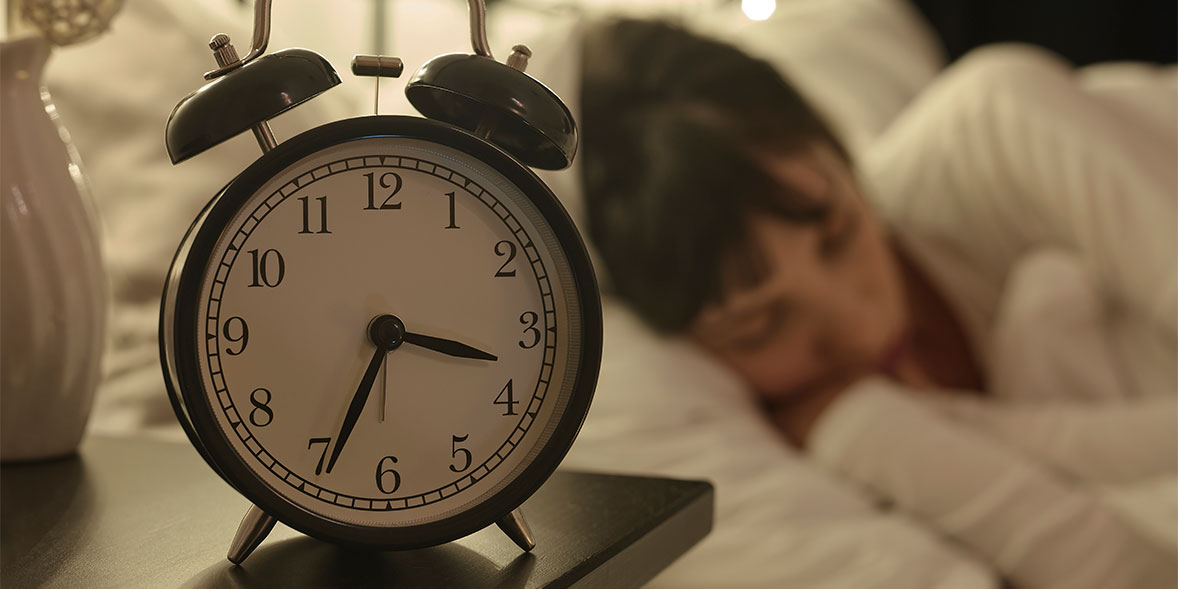With energy costs worryingly high, you might be wondering which appliances in your home are contributing the most to your monthly bills.
We've collected energy usage data for the most common household appliances, including fridge freezers, ovens and laundry appliances, so you can discover how much each of them costs to run.
You'll find all our average energy use data below, along with links to our free running costs tools so that you can check how much energy your specific model is using.
Read on to find out which appliances use the most energy and get hints and tips on how you can reduce the amount you spend on energy each month.
Live more sustainably - get our free sustainability newsletter to make changes for you and the planet.
The most expensive large appliances to run

Based on our current testing data, the table below summarises the average annual running costs of each large appliance in your home.
| Appliance | Cheapest annual running cost | Most expensive annual running cost | Average annual running cost |
| Tumble dryer (condenser) | £140 | £234 | £170 |
| Fridge freezer (American style) | £105 | £217 | £146 |
| Fridge freezer (freestanding) | £49 | £160 | £102 |
| Dishwasher | £56 | £127 | £96 |
| Fridge freezer (integrated) | £73 | £143 | £91 |
| Built-in single electric oven | £63 | £97 | £80 |
| Built-in double electric oven | £58 | £92 | £77 |
| Washing machine | £31 | £115 | £77 |
| Tumble dryer (heat pump) | £46 | £102 | £68 |
Table notes:
- Prices correct as of Oct 2022, based on the products live on our website at the time of publication. Running costs assume an electricity cost of 34p per kWh.
- Fridge freezer figure based on constant usage. Remaining appliance figures based on estimated usage.
Our tests show that condenser tumble dryers are the most expensive appliances to run by quite a sizable margin, costing the average household £170 per year. This is more than twice the amount you can expect to spend if you're the owner of a heat pump model.
Heat pump dryers are far more energy-efficient, and will only cost you around £68 annually.
Coming in second place are American-style fridge freezers, which will set you back around £146 each year. Freestanding and integrated models tend to be smaller and because of this, significantly cheaper to run, costing £102 and £91 per year respectively. Fridge freezers need to be on 24/7 to keep your food fresh and safe to eat, so don't be tempted to turn them off to save energy.
In the bottom half of our table, the average built-in single electric oven costs £80 per year to run. Your washing machine isn't far behind - you can expect to spend an average £77 annually on this.
We've also included the cheapest and most expensive to run appliances in this table to give you a sense of the range.
How much you can expect to depend will partly depend on the size of your appliance - a bigger appliance will generally cost more to run - and partly on efficiency. But don't assume that a smaller appliance will be the better choice from a money-saving perspective (more on this later).
Our running cost tools have got annual running costs data for all the specific products we've tested in our labs. So if you know which model you've got, you can search for it in our tools and get accurate data on how much it'll cost you to run over the year.
Find out how much your appliances are costing you with our running cost tools:
- Fridge freezer running cost tool
- Tumble dryer running cost tool
- Dishwasher running cost tool
- Built-in oven running cost tool
- Washing machine running cost tool
Wondering about your smaller appliances too? Find out more about how much your morning cuppa costs in our guide to the best energy saving kettles.
We've also looked into hair dryer running costs - our guide to buying a new hair dryer explains.
How to save money on your energy bills

If you're looking to reduce the amount you spend on energy each month, there are a handful of ways you can tweak your appliance use to help.
- Wash your clothes at a lower temperature - it's better for your wallet (and the planet) if you wash your clothes at 30 degrees.
- Stack your dishwasher properly - rather than washing little and often, you're better off doing fewer washes per week and only running full loads.
- Dry your clothes on the line - if the weather is nice outside stick your clothes in the garden rather than the tumble dryer, albeit this will get harder to do as we go into winter. Consider a heated clothes airer: find out how much a heated clothes airer will cost to run.
- Turn small appliances off standby - everything consumes energy when left on standby, so switching things off at the plug is an easy way of saving money.
- Wait for food to cool before freezing - putting hot food into the freezer makes your freezer work harder, so let it cool down on the worktop beforehand.
- Keep appliances clean - regularly descaling your kettle and defrosting your freezer will allow them to run with maximum efficiency.
Read our guide on 10 ways to reduce your energy bills for some more handy hints and tips on cutting costs at home.
Ultimately, though, there's a limit to what you can do as a consumer. At Which?, as well as offering consumers tips for reducing their energy use, we're also calling on the government and energy companies to do more for consumers as the current energy crisis develops.
Rocio Concha, Which? Director of Policy and Advocacy, says: ‘The chaos and U-turns of recent weeks have heaped confusion and uncertainty on consumers – who were already facing the worst cost-of-living crisis for decades. Households up and down the country will be worrying about what will happen when the government's energy support comes to an end in April.
'The government must clarify how they will support the most financially vulnerable after April and ensure that, as energy prices remain incredibly high, consumers are not left struggling to make ends meet.’
Find out more about our cost of living campaign calls.
Tips on buying energy-efficient appliances

Specific tips will vary depending on exactly the type of appliance you're planning on buying, but there are a few blanket rules to follow that will help you get your hands on the most eco-friendly option possible.
Firstly, make sure you buy an appropriately-sized appliance for your needs. For example, if there's only two of you in your household there's no need to buy a large American-style fridge freezer. Instead, opt for something smaller that won't require as much energy to run. But, as we were saying before, smaller isn't always more economical. If you have a large family and buy too small a washing machine, you'll simply end up running it a lot more often, which works out more expensive long-term than buying a bigger model with capacity for larger loads.
Some types of appliances are inherently more energy-efficient than others too, such as heat pump tumble dryers. In some cases, these can be a pricier investment in the short term, but it's usually worth it in the long run as they'll pay for themselves over time.
A surefire way of knowing you've chosen one of the most eco-friendly options out there is to choose one of our Eco Buy products. These are appliances that not only score well in our performance tests, but will have the smallest environmental impact out of all the models we've tested in their category.
Products currently carry our Eco Buy recommendation in the following areas:
- Built-in ovens
- Dishwashers
- Fridge freezers
- Fridges
- Freezers
- Headphones
- Kettles
- Rechargeable batteries
- Tumble dryers
- Washer-dryers
- Washing machines
- Laundry detergents
For more information on what makes an Eco Buy product, head to our story on choosing a Which? Eco Buy.
Is it cheaper to use electricity at night?

You've probably heard of 'off-peak energy' or 'time of use tariffs', so you might be wondering if you could save yourself some money by using your appliances in the evenings or at night time as opposed to during the day.
The type of tariff you're on will determine whether or not this is true. Some energy companies do offer cheaper prices at certain off-peak times (usually around 10pm until 8am) for customers on specific contracts, meaning you will pay less for electricity at night than you would during the day. If you were on one of these tariffs, you'd have two different rates.
Traditionally, households have needed a special time of use meter, usually called an Economy 7 meter, to access these options. However it's likely that more energy companies will start offering timed tariffs to smart meter customers, as these can also tell exactly when you're using energy.
That said, official advice from the Fire Service means that we would not recommend running electric appliances such as your washing machine or dishwasher overnight, or when you're not in the house. Anything with a high wattage or a motor runs a fire risk and should not be left unattended.
If you're buying a new appliance, our story on how to make big savings with an energy efficient appliance will help minimise your monthly outgoings.
source https://www.which.co.uk/news/article/find-out-how-much-your-household-appliances-cost-to-run-aP1BZ7f2GNYd
